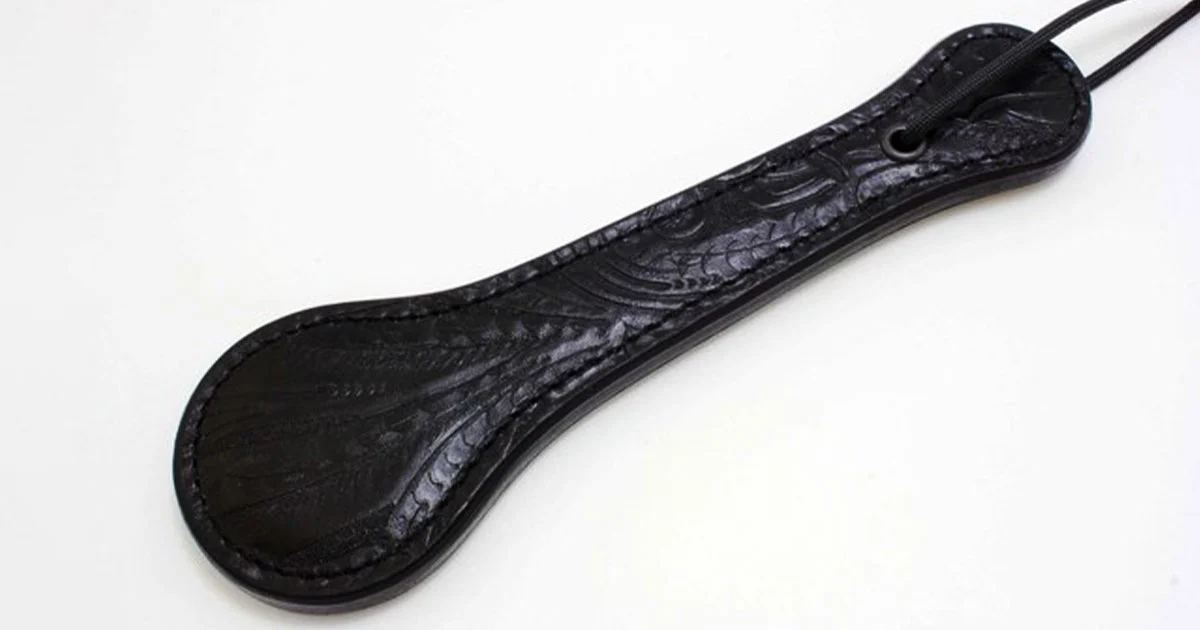(Transatlantic Today) —Are blackjacks illegal? In the world of personal defense, many tools and weapons are designed to provide individuals with a sense of security. One such weapon is the blackjack, also known as sap gloves. However, the legality and risks associated with these impact weapons vary from state to state. In this article, we will delve into the world of blackjack weapons, exploring their legality, potential dangers, and the importance of understanding local laws.
Understanding Blackjack Weapons
Blackjack weapons, often referred to as sap gloves, are specialized impact weapons designed for personal defense. They consist of a heavy leather glove lined with metal or lead shot, making them a potent tool in the hands of a skilled user. When used effectively, a blackjack can deliver a powerful blow that can incapacitate an opponent or even prove fatal.
Are Blackjacks Illegal?: The Legality Quandary
The legality of blackjack weapons is a complex issue, as it varies from one jurisdiction to another. Before considering the use or possession of such a tool, it is crucial to be well-informed about the local laws governing these weapons.
State-by-State Regulations
- New York’s Stance: In the state of New York, possessing a blackjack weapon is illegal. According to Section 265.01 of the New York Penal Code, a blackjack is classified as a criminal possession of a weapon. This code explicitly lists a blackjack as “a billy, cudgel, or bludgeon of any material whatsoever.” This strict prohibition in New York emphasizes the potential dangers associated with these weapons
- Blackjack Knives: Unlike the gloves, blackjack knives are generally legal to purchase and own in the United States. However, some states have regulations in place to govern their possession and use
The Dangers of Blackjack Weapons
While blackjack weapons can be effective tools for personal defense in trained hands, they also come with inherent risks. In the hands of an unskilled or careless user, the consequences can be severe, resulting in serious injury or even death.
Why Some States Have Banned Blackjack Weapons
Many states have chosen to ban the use of blackjack weapons due to their potential for harm. The concern lies not only in their effectiveness as weapons but also in the difficulty of controlling their misuse. These bans aim to protect public safety and reduce the risks associated with these weapons falling into the wrong hands.
Navigating the Legal Maze
If you are considering using or possessing a blackjack weapon, it is imperative to navigate the legal landscape carefully. Here are some critical steps to follow:
- Know Your State’s Laws: Familiarize yourself with the specific laws and regulations regarding blackjack weapons in your state. This knowledge will assist you make informed decisions and avoid legal troubles
- Consult Local Authorities: When in doubt, seek guidance from your local law enforcement agencies. They can provide you with valuable information regarding the legality of these weapons in your area
- Err on the Side of Caution: If there is any ambiguity or uncertainty surrounding the legality of blackjack weapons in your jurisdiction, it is advisable to err on the side of caution and avoid using or possessing them altogether
- Explore Alternative Personal Defense Tools: There are numerous legal alternatives available for personal defense, such as pepper spray, self-defense classes, and even non-lethal weapons like stun guns. Exploring these options can help you stay safe within the bounds of the law
Conclusion: Are Blackjacks Illegal?
With their potential for both protection and harm, blackjack weapons raise essential questions about their legality and responsible use. The varying regulations from state to state underscore the need for individuals to be well-informed about their local laws. While some states prohibit the use of blackjack weapons altogether, others regulate them carefully.
To stay on the right side of the law and prioritize safety, it is crucial to understand the legal status of these weapons in your area and explore alternative means of personal defense when necessary. Remember, knowledge and responsible decision-making are vital to ensuring your safety and legal compliance.


























